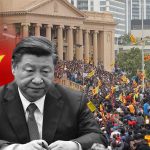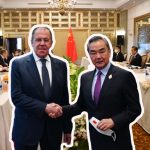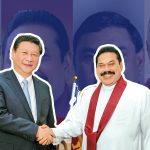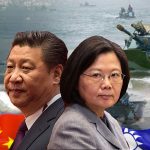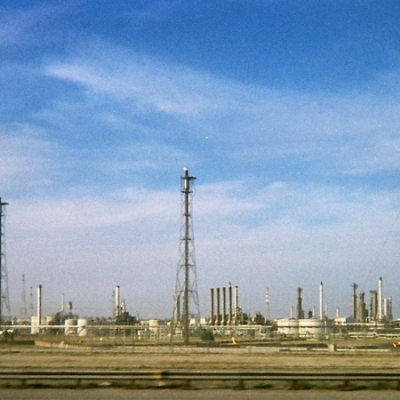China’s global influence is diminishing

 China–China’s ascent, involvement in world events, and mightiness were only natural. It effectively ended America’s geographical “unipolar” status.In a multipolar world, the United States and China emerged as the two dominant poles.A rising China and a waning US have fought each other in the new geostrategic period to ensure that the “old order passeth.” However, as China’s influence has declined, that theory is now under doubt. The change began, and COVID was appropriately made worse by the aftermath of the Ukraine war.
China–China’s ascent, involvement in world events, and mightiness were only natural. It effectively ended America’s geographical “unipolar” status.In a multipolar world, the United States and China emerged as the two dominant poles.A rising China and a waning US have fought each other in the new geostrategic period to ensure that the “old order passeth.” However, as China’s influence has declined, that theory is now under doubt. The change began, and COVID was appropriately made worse by the aftermath of the Ukraine war.
There are several ways to exert influence. Political influence based on shared ideas or interests is at its pinnacle. Military influence results from the forceful use of force. Making decisions voluntarily is possible thanks to soft power influence. Technological hegemony generates its own impact. Social media has become a powerful influence.
All of this is supported by economic power, which has a significant impact on international politics. Every language has a money speaker. If China’s influence is declining, one could wonder why. Although there isn’t a single indicator that may pinpoint the wane, there are a few instances that point to the subtle change. It is therefore necessary to first look at a few of these examples.
Related Posts
After 27 years, the Angolan civil war came to an end in 2002. China jumped in to help with the rehabilitation of the devastated nation. It encouraged Chinese businesses to enter the oil-rich country of Angola. The Angola Model, which employed “oil-backed” loans to secure Chinese investment, provided the foundation for the ensuing infrastructure boom in homes, roads, dams, trains, and power plants. With an average economic growth of 11% per year between 2001 and 2010, Angola rose to prominence in Africa. For “resource-backed” loans to other African nations, this approach was modified. It was all good. In 2016, oil prices plummeted and Angola entered a recession.
The economy shrank for five years in a row. COVID-19 made things worse. A recent debt default was narrowly avoided by the nation. The new administration wants to lessen China’s over-reliance and diversify its economy, which is heavily reliant on oil. The importance of economic diversification cannot be overstated. A decline in the number of Chinese people in Angola from over 300,000 to less than 20,000 underscores the failure of the Angolan model. Chinese ambitions to set up a naval facility in Angola have run into opposition, which has drawn a sharp reaction from the US. The remainder of Africa will be affected by this.
According to recent surveys in South Korea, there is a lack of trust with China. Koreans, who see China as a long-term threat, are alarmed by external forces, international politics, disparities in historical and cultural conceptions, nationalistic outlooks, and China’s muscular diplomacy, especially its encirclement of Hong Kong. To assist in maintaining peace and stability in the Taiwan Strait and the surrounding area, South Korea has turned to the United States and Japan. It has also stated that it intends to use nuclear weapons. Yoon Suk-yeol, the country’s new president, recently attended a NATO conference as the country’s first head of state. It is obvious that the distance between China and South Korea is growing.
When the US left Afghanistan, it was anticipated that China would step in to fill the void, stabilise the nation, and take advantage of its mineral wealth. Chinese relations with the Taliban are dubious despite their proactive approach. Afghanistan is still unstable. China has concerns about a strong and successful alliance. Due to security concerns, Chinese corporations are hesitant to participate in infrastructure projects. The East Turkestan Islamic Movement, which poses a “direct danger to China’s national security and territorial integrity,” continues to worry China.
The Chinese have realised that “the internal situation in Afghanistan is exceedingly complex, and not everything can be managed by China.” The argument against expanding the CPEC into Afghanistan has been weakened by recent attacks on Chinese nationals in Pakistan. Chinese influence has definitely reached its limits.


